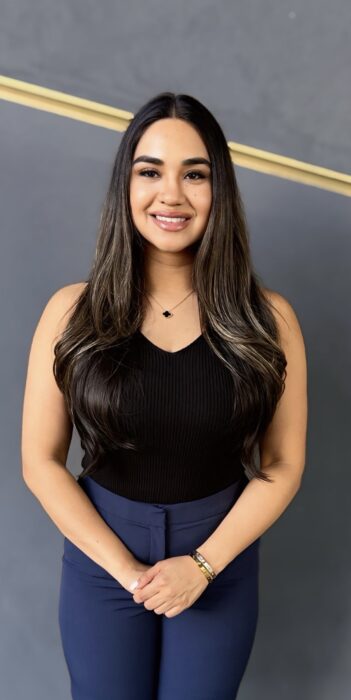
1. How did your LLM coursework reshape the way you approach cutting-edge legal challenges and how have you put those insights into practice in your current role?
The LLM coursework at the University of the Pacific McGeorge School of Law deepened my appreciation for comparative legal analysis and the interplay between legal frameworks and global policy shifts. Particularly, the focus on international business transactions and regulatory compliance reshaped how I assess risk across jurisdictions. In practice, this has enabled me to proactively identify potential cross-border compliance pitfalls, especially relevant when advising South African clients with offshore companies, trusts or foreign investments. I now approach legal problems more systemically, integrating strategic foresight with precision.
2. Can you describe a moment during your LLM when collaborating with someone from a radically different legal system led to an unexpected professional opportunity or inspired a new way of solving problems?
During a cross-border merger and international contracts course, I worked closely with a peer from Europe whose approach to legal hierarchy and negotiation strategy was shaped by civil law traditions. While initially challenging, our dialogue opened my eyes to how legal culture influences deal structuring. That collaboration did not just enhance my academic understanding; it led to a referral relationship that has since grown into a steady stream of inbound South African investment advisory work from European clients.
3. Can you share some legal “aha” moment you experienced during your LLM at McGeorge?
One of the most formative “aha” moments came during Professor Stephen McCaffrey’s Transnational Litigation course in 2011. We were exploring the complexities of enforcing judgments across jurisdictions and how divergent procedural systems, particularly between civil and common law traditions, could create both barriers and strategic opportunities in cross-border disputes. What struck me was how seemingly procedural rules could dictate substantive outcomes in transnational matters.
Professor McCaffrey’s method of bridging theory with real-world international disputes helped me realise that global legal practice is not just about knowing the law but mastering the pathways through which it is enforced across borders. That realisation sharpened my strategic thinking as a litigator and later informed how I structure transactions and risk mitigation strategies for clients operating across multiple jurisdictions, particularly where enforcement risks or parallel proceedings may arise.
4. In what ways has your U.S. LLM experience influenced how you mentor junior lawyers, lead teams or drive cultural change within your organization?
The LLM cultivated a mindset of open intellectual exchange and cross-disciplinary engagement, traits I now prioritize in mentoring junior colleagues. I encourage curiosity beyond local statutes and advocate for a global perspective on even the most domestic of issues. The experience also shaped how I structure internal legal training: our sessions now draw on comparative case studies and invite diverse viewpoints, which has measurably improved both morale and problem-solving capacity within our team.
5. If you could design a “LLM Success Toolkit” for incoming students, what three strategies or habits would you include to help them get the most — academically, professionally and personally—from their year abroad?
- Engage Early and Widely: Do not just focus on classes; join legal clinics, attend conferences, and talk to professors outside lecture halls. Relationships built informally often turn into professional alliances.
- Document Your Growth: Keep a reflective journal on what you are learning, legally and culturally. This will help crystallise your voice and vision as a global legal professional.
- Say Yes to the Unexpected: Some of the richest insights come from courses or conversations you did not plan for. Lean into discomfort; it is where real growth happens (outside one’s comfort zone).
Bio
Mathys Briers-Louw ’11 is a seasoned cross-border legal advisor and executive attorney with over a decade of experience in private client, tax, and corporate law. Specializing in trust regulation, international transactions, and exchange control compliance, Mathys combines deep technical expertise with an international perspective gained through U.S. postgraduate study. Founder and CEO of legal-tech and financial services companies, with a focus on simplifying global structures and building compliance-ready strategies for high-net-worth individuals and corporate clients.







